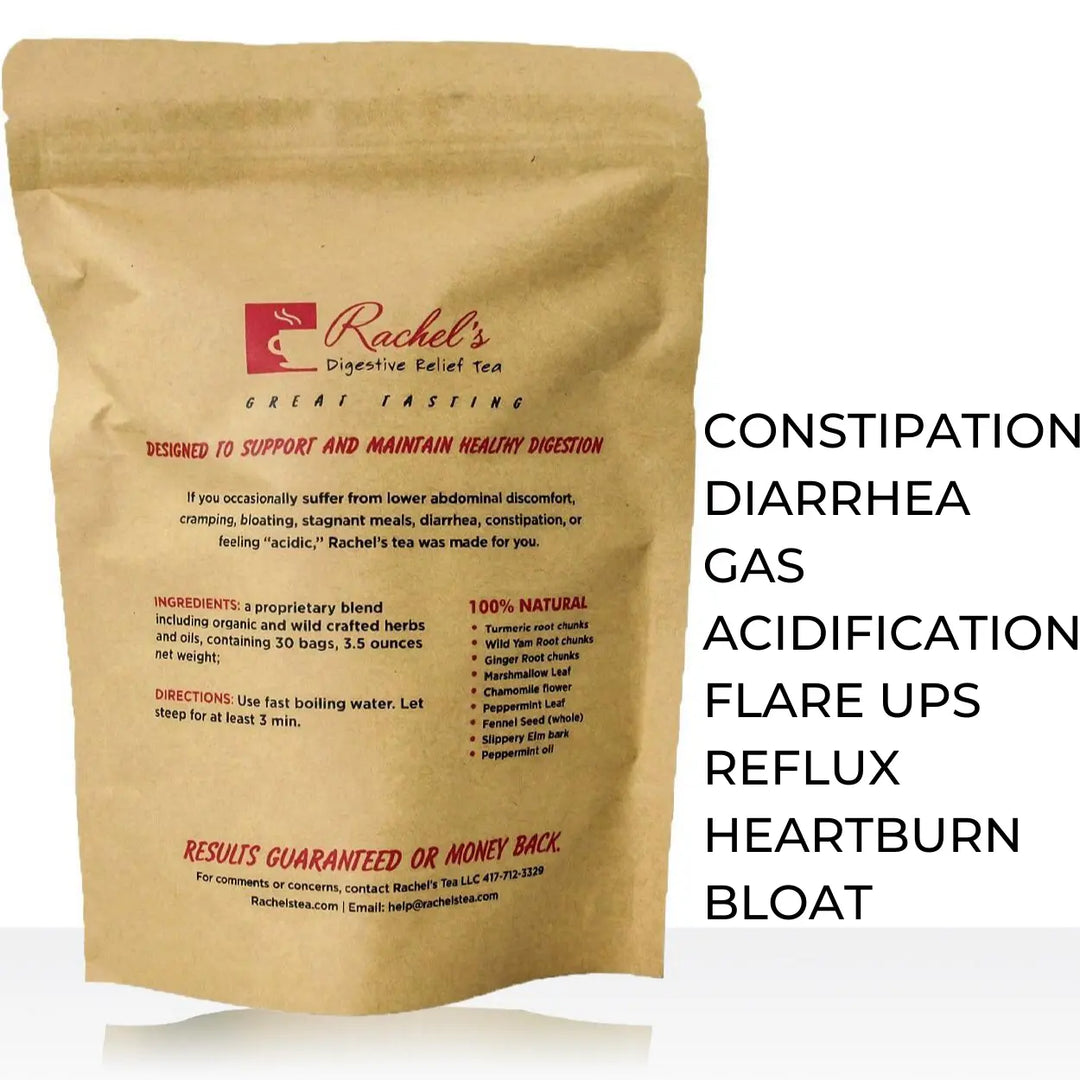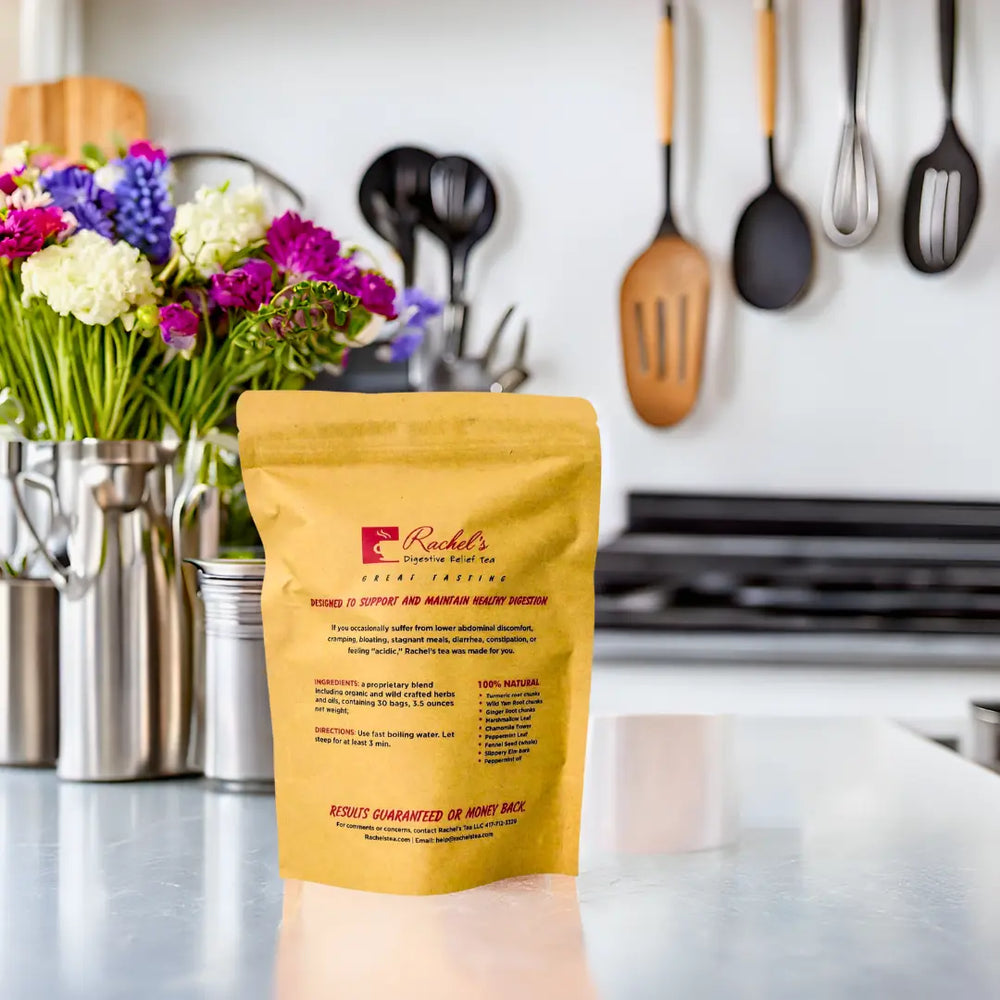Every time I eat _______ I feel ________! Why, and what can I do?
Not every stomach ache or other symptom is a cause for alarm, but this article will give you the main reasons we feel can poorly when we eat certain specific foods and the couple of things you can do about it.
The first blank in the title above could be filled with many food names depending on your individual digestive concerns. The most common among digestive issue sufferers are:
- High gas foods such as beans, cruciferous vegetables like (broccoli, cabbage, Brussels sprouts, lettuce etc.)
- Hard to digest foods such as beans (again), gluten containing foods such as wheat, meat
- High allergen foods such as dairy foods, eggs, shellfish
- Foods you are individually sensitive to (can be anything)
If you have a digestive disorder, diagnosed or not, it is best to avoid any specific food or food group that YOU are sensitive or allergic to for obvious reasons. Pain, cramping, and allergy symptoms are the body “telling us” to stop a behavior. I had severe allergies as a young man, to eggs and poultry. I am no longer allergic to these foods and I believe my relief came about by supplementation (I will explain this later in this article). I recommend that you stop eating any food that makes you feel bad, causes pain, allergy symptoms, or cramping, or that gives you undue gas, odor, or bloating.
 There are several possible reasons for eating discomfort:
There are several possible reasons for eating discomfort:• Allergies
• Sensitivities
• Missing or damaged intestinal mucosal lining
• Ongoing inflammation in the digestive tract
• Intestinal infection
• Ulcerations or leaking gut
As an example, acidic foods like tomatoes, and vinegar or corrosive foods/drinks like soda or beer will be particularly hard on someone with leaking gut or ulcerations because they virtually attack any damaged tissue when consumed.
A doctor may be able to do blood work on a person to find the exact cause of a food specific symptom but my experience is that many doctors are not overly concerned about food sensitivities. My advice if you don’t have a cooperating doctor is to avoid the “offending food” and use the type of food compared to the first list of 4 food problems do decide if you would benefit from one or more supplements like slippery elm to reduce or eliminate your symptom.
If a specific food causes you to bloat, please read our article on bloating.
 Foods that you are sensitive to otherwise or allergic to, should just be avoided until you take probiotics (find an acid resistant strain or you are wasting your money). Some people can eliminate simple food allergies once they repopulate/colonize their gut with beneficial bacteria. This can be a one month process or may take a year. The goal is not just to be able to eat the offending food, but to re-establish and repopulate the gut with the flora you were meant to have for good health and a strong immune system.
Foods that you are sensitive to otherwise or allergic to, should just be avoided until you take probiotics (find an acid resistant strain or you are wasting your money). Some people can eliminate simple food allergies once they repopulate/colonize their gut with beneficial bacteria. This can be a one month process or may take a year. The goal is not just to be able to eat the offending food, but to re-establish and repopulate the gut with the flora you were meant to have for good health and a strong immune system.Always remember that sensitivities or allergies indicate a damaged immune system and your intestinal flora represent 70 to 80% of your immune system. In other words, if you have allergies or food sensitivities, you almost certainly have a gut flora imbalance and only probiotics can correct this.
Disclaimer: Not everyone has food allergies or sensitivities for the same reason or will experience the same result with this protocol. We are not doctors, nor are these facts reviewed by the FDA or doctors. We are presenting our theories and experience to show you what has worked for us and others using our strategies. Your condition is not known to us and you should not follow us if in doing so you are avoiding medical advice or treatment.












